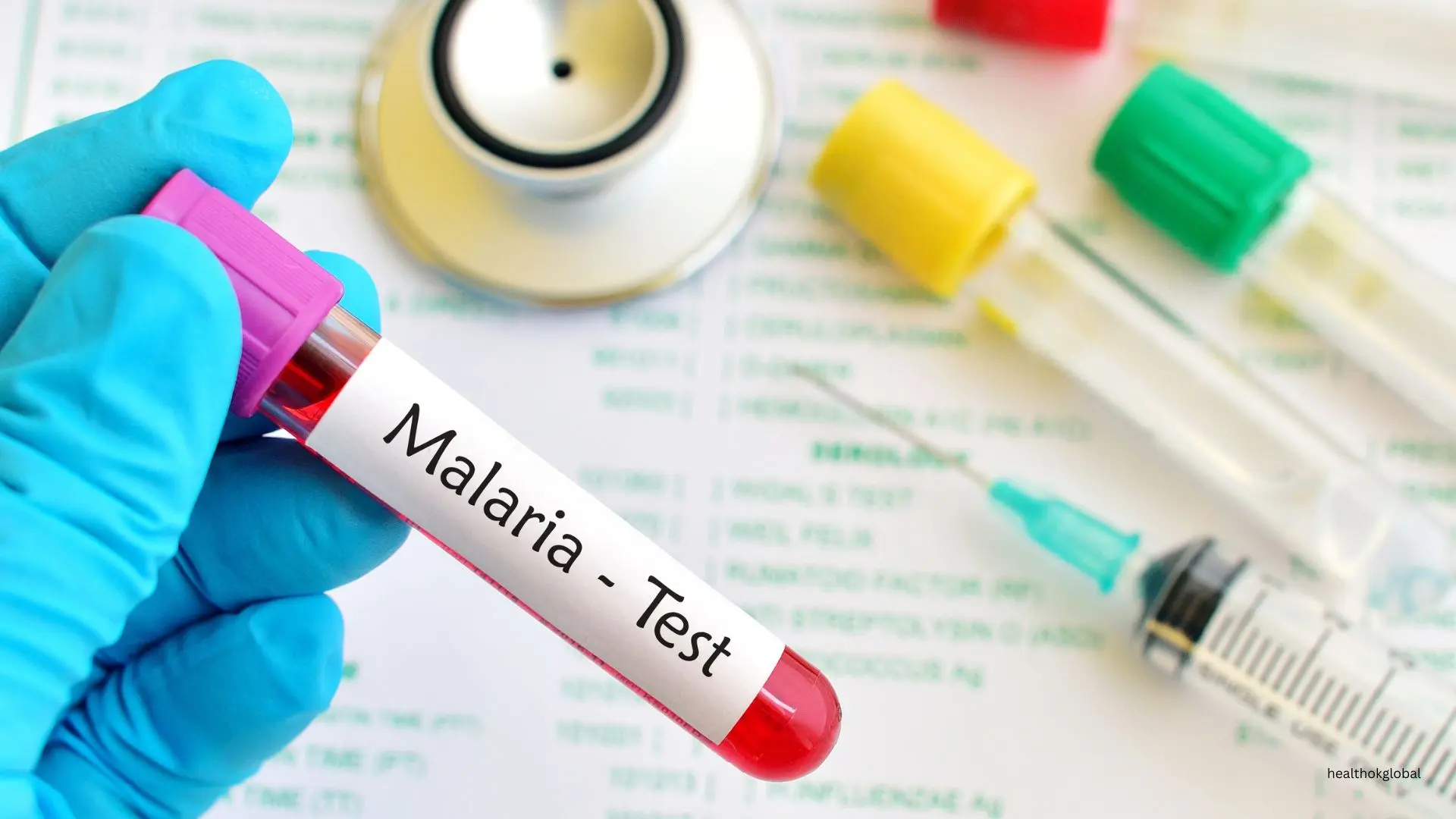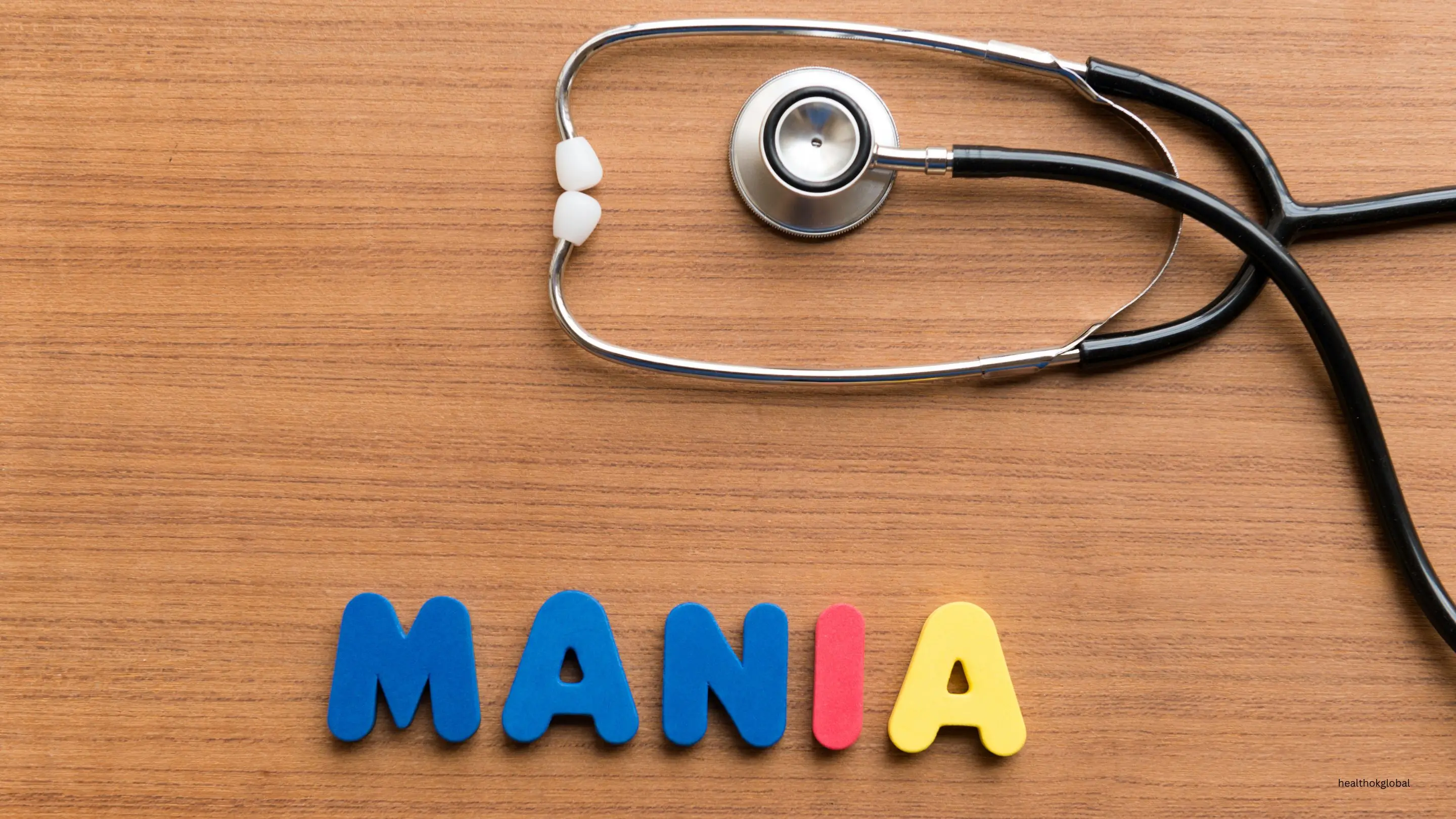Diagnostic tests for malaria are essential for accurate detection and effective treatment of the disease.

Blog
Diagnostic Tests for Malaria: Key Methods and Importance
Malaria remains one of the world’s most devastating infectious diseases, with over 247 million cases and 619,000 deaths globally in 2021 according to the WHO. Early and accurate diagnosis is crucial for initiating timely treatment, reducing transmission, and saving lives. Malaria is caused by Plasmodium parasites, primarily transmitted through the bite of infected Anopheles mosquitoes. The symptoms often mimic other febrile illnesses, making accurate diagnostic tests for malaria essential to distinguish it from other conditions.
There are multiple diagnostic tools available for malaria detection, each designed to cater to various clinical and infrastructural settings. The most prominent types include:
This is the gold standard for malaria diagnosis. Blood samples are collected and stained (commonly with Giemsa) to prepare thick and thin smears. Thick smears help detect the presence of parasites, while thin smears help identify the specific Plasmodium species. Despite being cost-effective and accurate when performed by experienced technicians, this method requires well-maintained laboratory settings and trained microscopists.
RDTs detect malaria-specific antigens in the blood using immunochromatographic methods. Results are available within 15–20 minutes, making them ideal for remote or resource-limited regions. They are especially useful in fieldwork or during malaria outbreaks. However, RDTs may not detect very low levels of parasitemia and might give false negatives in such cases.
PCR is a molecular diagnostic technique that identifies malaria DNA. It offers superior sensitivity and specificity, making it capable of detecting mixed-species infections and low parasitemia cases. PCR is often used in research settings and complex clinical scenarios. However, its limitations include high cost, the need for advanced equipment, and longer turnaround times.
These tests detect antibodies against malaria parasites. While not effective for diagnosing active infections due to the persistence of antibodies post-infection, they are valuable for sero-epidemiological surveys and understanding past exposure trends within a population.
Newer technologies like Loop-Mediated Isothermal Amplification (LAMP) and mobile health (mHealth) diagnostic tools are gaining traction. These methods aim to offer faster, affordable, and decentralized malaria testing—especially critical in rural and underserved areas. As research advances, such innovations are expected to make accurate malaria detection more accessible globally.
In a 2022 community study conducted in Odisha, India—an endemic region—over 3,500 febrile patients were tested using RDTs and microscopy. The combined approach improved detection accuracy by 21% compared to RDTs alone. Timely treatment initiated based on accurate testing significantly reduced the need for hospitalization and improved recovery outcomes. This highlights the importance of integrating multiple diagnostic modalities in high-risk zones.
Understanding the pros and cons of each testing method helps healthcare professionals select the most suitable option based on clinical settings, available resources, and urgency.
Accurate species identification and parasitemia quantification. However, it requires expertise and lab infrastructure.
Simple and quick with no need for lab infrastructure. Limited sensitivity in low-parasite cases.
Extremely sensitive and ideal for research or mixed infections. Expensive and less feasible in rural areas.
The implications of malaria misdiagnosis are severe. Here’s why accurate testing is not optional, but essential:
Correct diagnosis ensures the right antimalarial is administered, improving patient outcomes and reducing complications.
Avoiding unnecessary use of antimalarials helps slow the rise of drug-resistant strains.
Accurate data collection helps government programs track and respond to malaria hotspots effectively.
Early detection followed by immediate treatment significantly reduces death rates, especially among children and pregnant women.
To understand diagnostic timing better, it’s crucial to be aware of the life cycle of malaria parasites. The parasite undergoes various stages in humans and mosquitoes, and different tests are effective at different stages of this cycle.
In conclusion, diagnostic tests for malaria are indispensable in the global fight against the disease. From conventional microscopy to advanced PCR, each method plays a unique role. Combining methods based on region and resource availability is often the most effective strategy. Continued innovation, public awareness, and government support will be key in ensuring diagnostic accuracy and access for all.
For seniors recovering from malaria or needing routine health support, HealthOK Global’s senior care services provide in-home nursing, medication management, and teleconsultations. With 24/7 support and compassionate caregivers, families can rest assured their loved ones receive the best care, even during post-illness recovery. Call +91-8047190955 (India) or +1-888-462-1804 (USA) for assistance.
Microscopy is considered the gold standard, but PCR offers the highest sensitivity, especially in low-parasite or mixed-species cases.
Yes, Rapid Diagnostic Tests (RDTs) are user-friendly and suitable for use in community health programs or remote regions.
Using more than one diagnostic method improves accuracy and helps identify species or low-density infections missed by a single test.
Get tested if you experience persistent fever, chills, or have recently traveled to a malaria-endemic area. Early testing saves lives.
HealthOK Global simplifies healthcare with expert guidance, access to affordable medicines, and personalized health plans. Chat with our FREE 24 x 7 Helpline at +91-8047190955 for support anytime.
The implications of malaria misdiagnosis are severe. Here’s why accurate testing is not optional, but essential:
Microscopy is considered the gold standard, but PCR offers the highest sensitivity, especially in low-parasite or mixed-species cases.
Yes, Rapid Diagnostic Tests (RDTs) are user-friendly and suitable for use in community health programs or remote regions.
Using more than one diagnostic method improves accuracy and helps identify species or low-density infections missed by a single test.
Get tested if you experience persistent fever, chills, or have recently traveled to a malaria-endemic area. Early testing saves lives.
Need Personalized Health Guidance?
Get expert advice tailored to your specific health needs from our qualified healthcare professionals.





